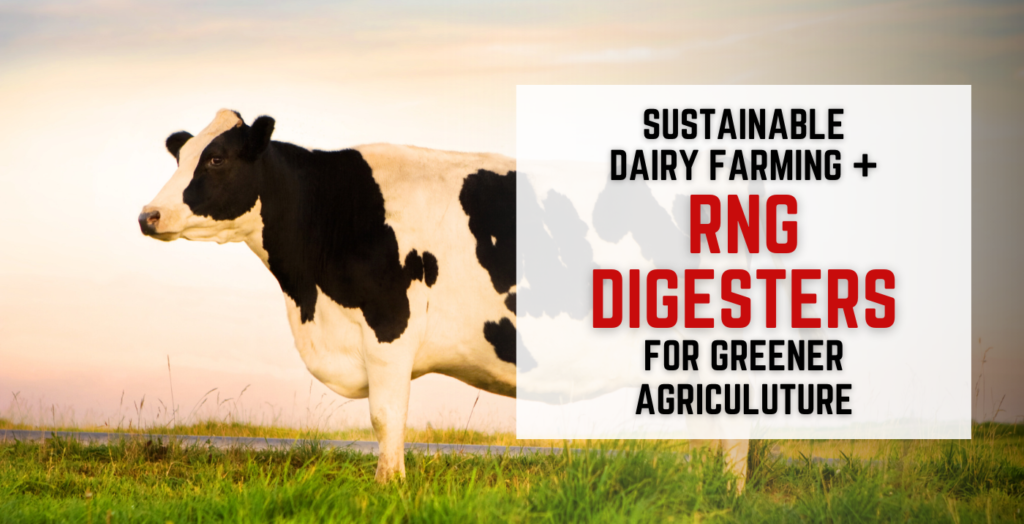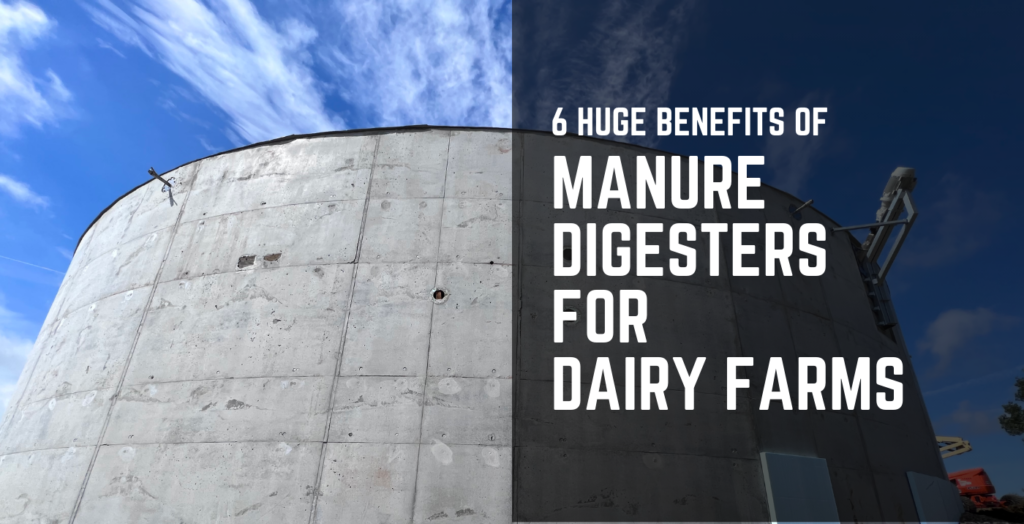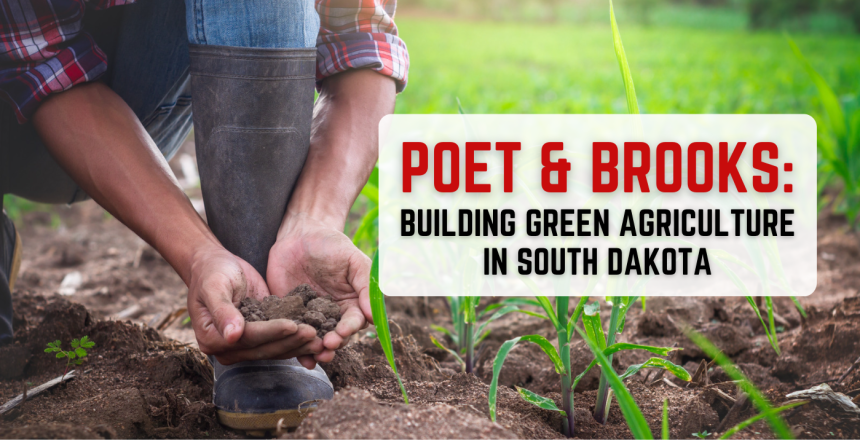South Dakota’s POET is the largest ethanol producer in the U.S., accounting for about 19% of ethanol production in the nation. The ethanol producer carries a long history of supporting regional farmers through ethanol production and natural gas collection. Today, POET is focused on energy independence for our country, and green agriculture in South Dakota and other midwest states plays a key role in this strategic vision.
A Zero-Carbon Future with Biofuels
When the Broin family opened their first ethanol plant in Scotland, SD, in 1986, they knew there was a bright future for plant-based biofuels. Today, with 34 biofuel plants across seven states, POET is working toward reducing its fuel’s carbon intensity by 70% compared to traditional gasoline.
These production plants use renewable natural gas harvested from landfills, but POET has been expanding its RNG production beyond garbage and into farm-sourced waste. By displacing fossil fuels with renewable gas, these plants are closing the circle for sustainable fuel production. And in the process, POET is creating a growing demand for green agriculture in South Dakota and beyond.

How does Brooks stand out as the leader in RNG digester construction in South Dakota?
By meeting key challenges with innovative solutions. Find out more here.
POET’s Support for Green Agriculture in South Dakota
South Dakota’s green agriculture market stays in step with our farmers’ commitment to frugal practices. Conservation of resources naturally aligns with practices that value minimizing waste, improving efficiency, and maintaining soil conditions.
Manure and Biomass Conversion
Livestock and crop waste management can be a challenge, but farmers have always looked for solutions that provide additional benefits. Biomass like silage and cattle slurry can be converted into fertilizer and renewable energy with anaerobic digestion. POET has been investing in anaerobic digestion technology since 2009, helping farms transform biomass waste into useful commodities.
The biogas produced in these anaerobic digesters is often used in POET’s bioethanol plants to power machinery, and the digestate provides an organic alternative to chemical fertilizers. It’s a carbon-negative process that helps protect the environment from fertilizer runoff while also displacing fossil fuels. Early adopters of green agriculture in South Dakota are already utilizing manure digesters on several dairy farms for the benefits of RNG and organic fertilizer for their own operations, as well as improving local, regional, and national economies.

Cellulose Processing
POET’s main bioethanol production method involves corn grain, but the company has been working on ways to use all parts of the plant. Cellulose processing gives waste like corn husks and stalks a new life as biofuel. For farms that don’t have digesters on site, cellulose processing can offer another revenue stream while eliminating more fossil fuels from the energy supply.
Direct and Indirect Bioproducts
Beyond biofuels, POET’s commitment to green agriculture in South Dakota helps farms reduce their carbon footprint in many different ways, both through direct and indirect bioproducts.
Direct Bioproducts:
- Bioethanol: this flagship product helps reduce foreign oil demand and improve the environmental impact of vehicles.
- Animal Feed: bioprocessing provides renewable and readily available ingredients for livestock feed.
- CO2 and Dry Ice: the regenerative production through corn crops and bioprocessing provides an alternative to conventional ammonia manufacturing, mining, or refining processes.
- Purified Alcohol: purified grain alcohol can be used for food-grade applications, cosmetics, and even hand sanitizer.
- Asphalt Rejuvenator: the patented cold cook fermentation process turns American corn into a green alternative to petroleum-based rejuvenators.
Indirect Bioproducts:
- Renewable Biodiesel: The corn oil extracted during the biorefining process provides a stable and consistent product for biodiesel production.
- Biojet: the growing field of sustainable aviation fuels (SAF) can use grain-derived components to build an eco-friendly alternative to conventional jet fuel.

The Future of Green Farming is Here.
See how manure digesters for dairy farms are leading the way to eco-friendly fuel and revenue.
Partnering with POET to Build Anaerobic Digesters
Expanding from bioethanol, POET has been working with Brooks to build anaerobic digesters that help farms store, manage, and process food and livestock waste. Our experienced teams make it simple to build and operate these profitable and eco-friendly systems, giving your farm a sustainable income stream through green farming practices.
Interested in learning more about anaerobic digesters and green farming in South Dakota? Contact us today to find out how Brooks is partnering with POET and other technology providers to bring a greener future to farmers throughout the midwest!



